Dental Implants
Types of Dental Implants
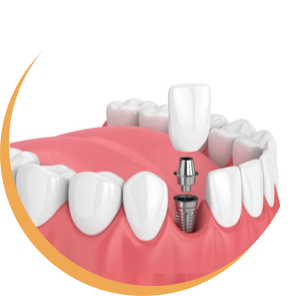
Single Tooth Implant
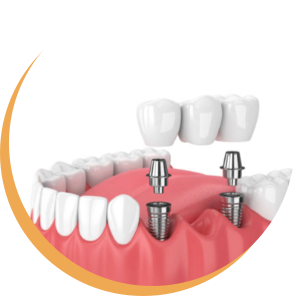
Support Bridge Implant
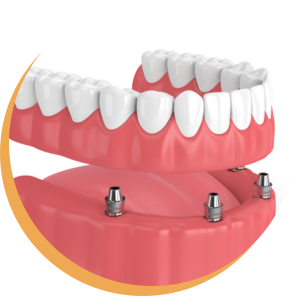
Support Denture Implant
All-on-4 Implant
Overview
Dental implants replace the root of a missing tooth. A titanium post becomes your new tooth root and is surgically inserted into your jaw or cheek bone. When it comes to replacing missing teeth, dental implants are a popular choice providing a safe, secure and long-term solution when compared to dentures, which require constant cleaning.
Implants are an integral part of modern dentistry and provide longevity and functionality to the restoration or the mouth. If there has been dental bone loss due to dental decay and infection, bone grafting and sinus lifting may be required.
Oral and Maxillofacial Surgeons have specialist training in managing complex patients and cases, and can access medicare rebates for many of these procedures. A GP referral is required.
All-on-4 Dental Implants
Full dental arch rehabilitation (All-on-4) is an advanced, technically innovative procedure where a fixed bridge is supported by just four dental implants placed in the jawbone.
Many general dentists perform all-on-4 implants but patients can request they be referred to a specialist surgeon for this complex procedure. An experienced specialist surgeon will ensure an optimal outcome and reduce the risk of complications. Older patients with medical conditions or patients who have previously had failed implants can be particularly challenging cases. Young patients losing their teeth prior to the age of 50 should be particularly careful who provides their treatment as they need the implant to last a long time.
When contemplating this type of treatment, it is ok to ask about the experience of the treating team and seek a second opinion from a specialist oral and maxillofacial surgeon.
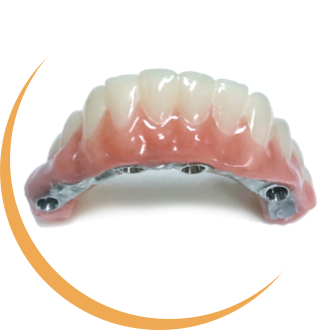
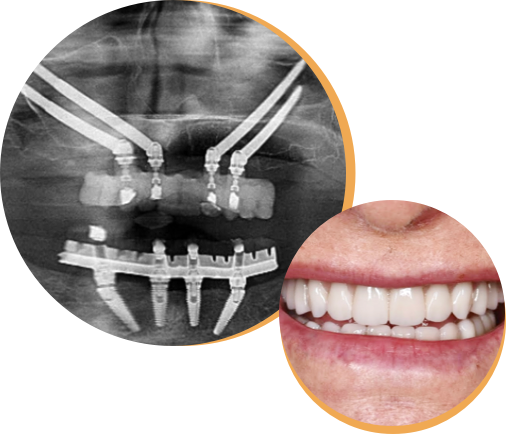
Zygomatic Implants
Edentulism is a condition where the patient has complete loss of all of their teeth and often inadequate jaw bone volume due to bone atrophy. Bone atrophy is a natural phenomenon that occurs after the extraction of teeth, often exacerbated by the wearing of dentures. When these conditions are present, there may be insufficient dental bone to support conventional dental implants.
With the use of zygomatic implants, even in the most extreme cases, it is now possible to rehabilitate the mouth and return to having permanent teeth via dental implants. Zygomatic implants involve securing the bridge to the cheekbone rather than the jaw bone. This avoids the need to rely on bone grafting which can require multiple procedures and lengthened treatment times.
It is important to select a specialist who has specific training and experience performing these procedures as the face contains many nerves and delicate bones. This clinic specialises in difficult-to-treat cases, Zygomatic implants and re-treatment of failed dental implant rehabilitation. It is important to confirm your surgeon is a Specialist Oral and Maxillofacial Surgeon when seeking to undergo this procedure.
If there is insufficient dental bone to place a dental implant, a bone graft may be required at the time of implant placement or as a separate procedure.
There are different types of bone grafts depending on the specific requirements of the site. A sinus lift is a procedure that adds bone in the upper molar tooth region. In this operation a small window is created to the sinus and graft material is placed to increase the bone height.
Our surgeons have specialised training and extensive experience in the grafting of the jaw bones and sinus regions.
You may have been told that dental implants are not possible in patients who take certain medications for osteoporosis. In select cases, dental implants can be placed in patients who take anti-resorptive medications, significantly improving the quality of life for people with osteoporosis.
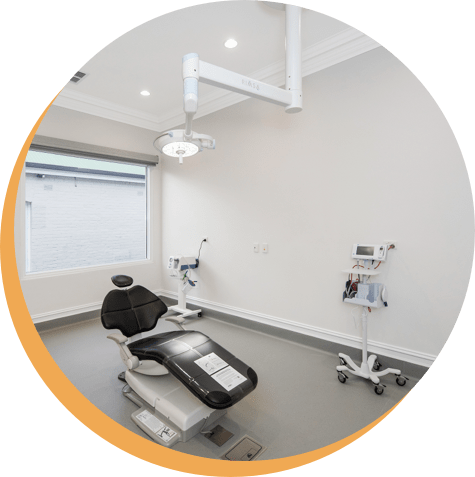
Enquiries and Appointment Requests
Our surgeons treat conditions, defects, injuries and aesthetic aspects of the mouth, teeth, jaws and face.